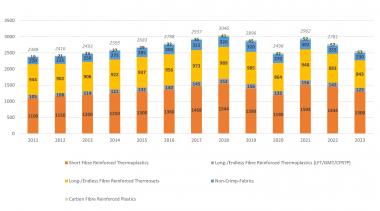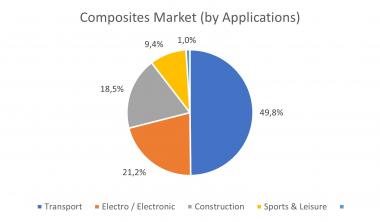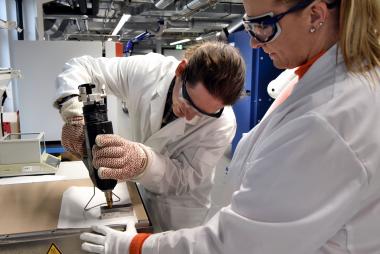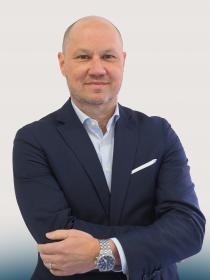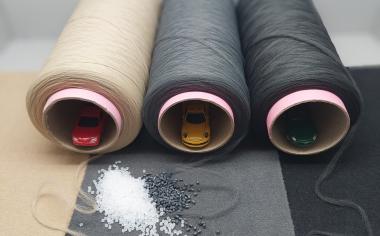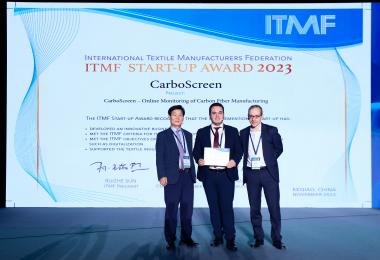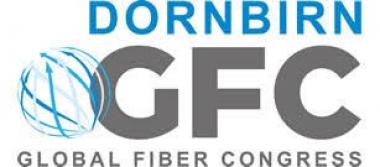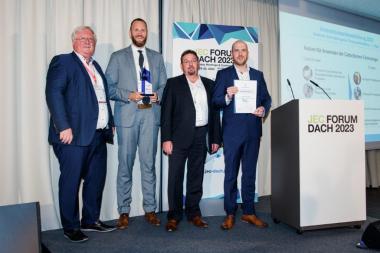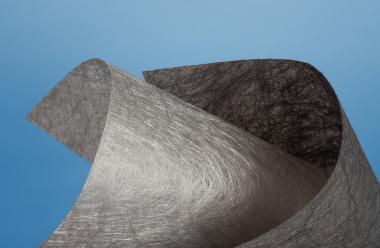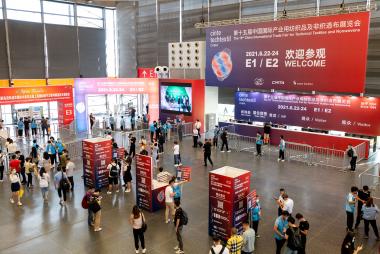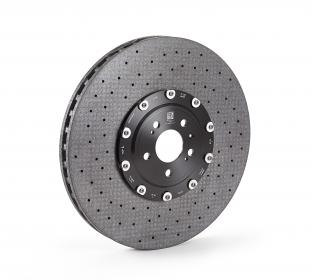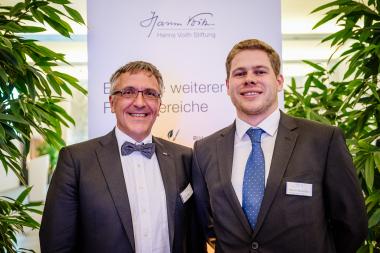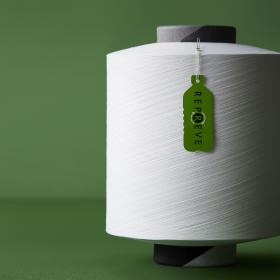Final report of the World Pultrusion Conference 2024
The 17th World-Pultrusion-Conference (WPC) took place in Hamburg from 29 February to 1 March. Pultrusion, also known as the extrusion process, is a highly efficient method for producing fibre-reinforced plastic profiles for various applications in the construction/infrastructure and transport sectors.
A record number of almost 150 participants from all over the world attended the event. An international audience of experts from Europe and the USA, as well as China, India and Japan was represented.
The lecture programme with a total of 25 specialist lectures was strongly characterised by the topic of sustainability. The process development of thermoplastic pultrusion and applications in wind energy, solar panels, bridge construction and the automotive industry were also discussed at length. Despite the difficult market environment, many opportunities and possibilities for the pultrusion industry were presented.
The conference takes place every two years in a European country of importance to the pultrusion industry and is organised by AVK for the European Pultrusion Technology Association (EPTA), in cooperation with the American Composites Manufacturers Association (ACMA).
World Pultrusion Conference European Pultrusion Technology Association EPTA AVK - Industrievereinigung Verstärkte Kunststoffe e. V. fibre-reinforced plastics pultrusion Automotive
AVK - Industrievereinigung Verstärkte Kunststoffe e. V / The European Pultrusion Technology Association (EPTA)







